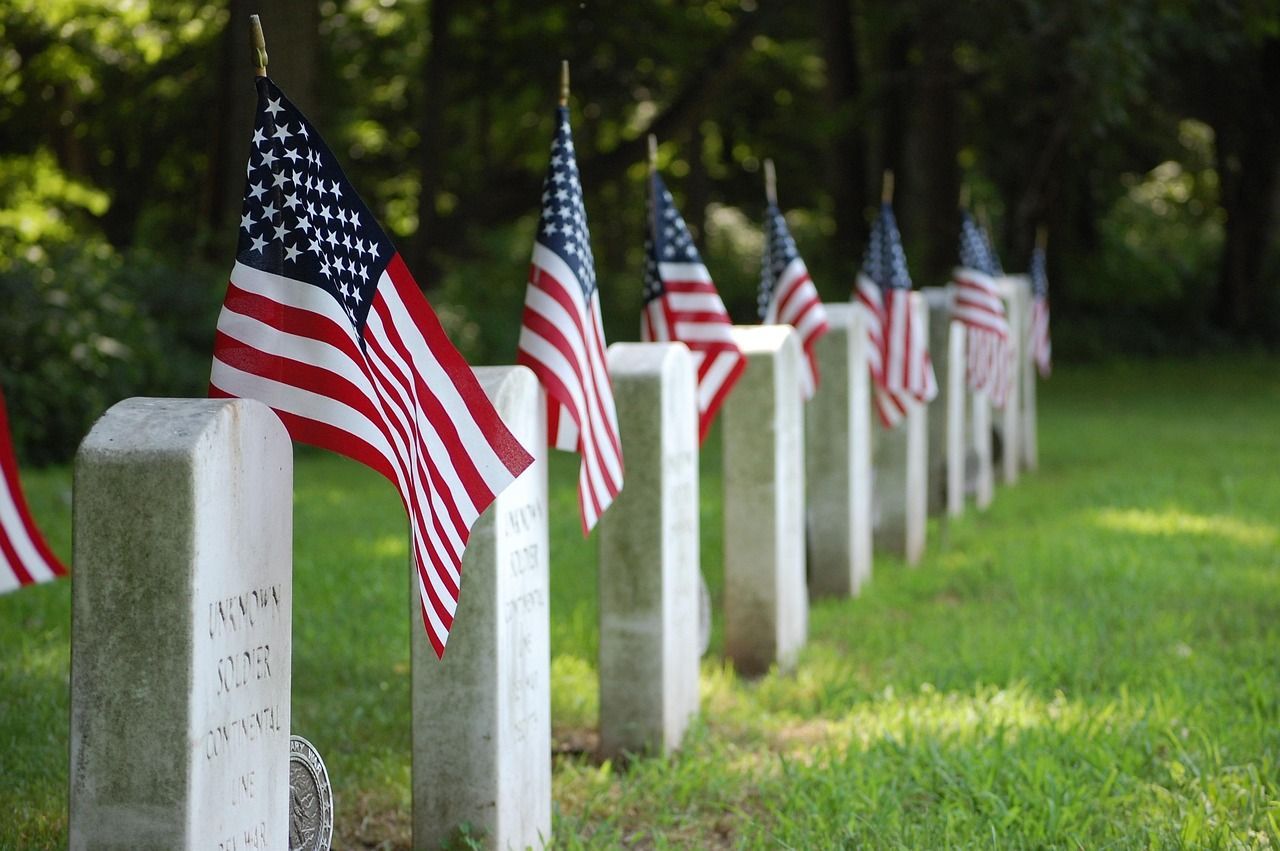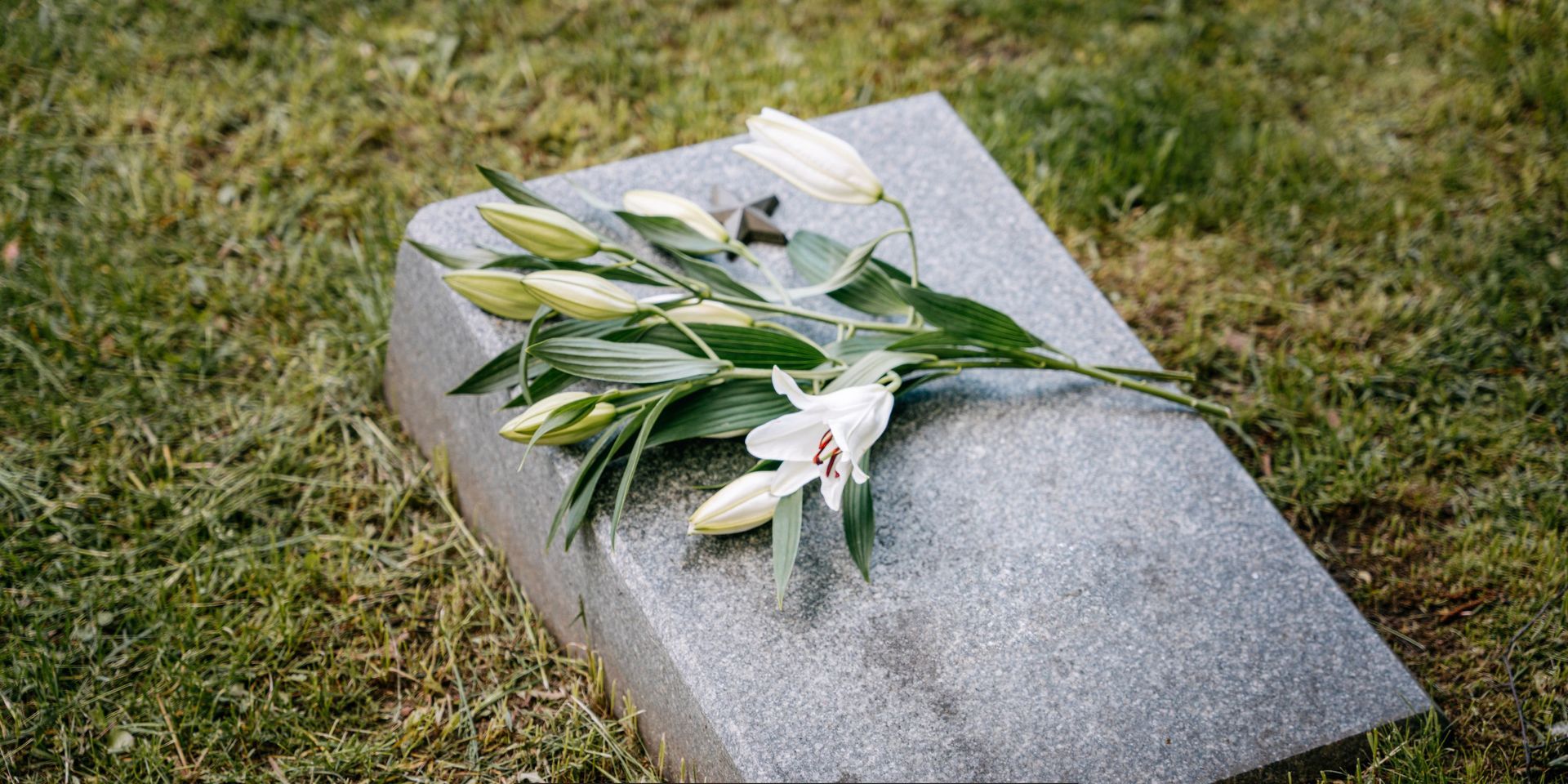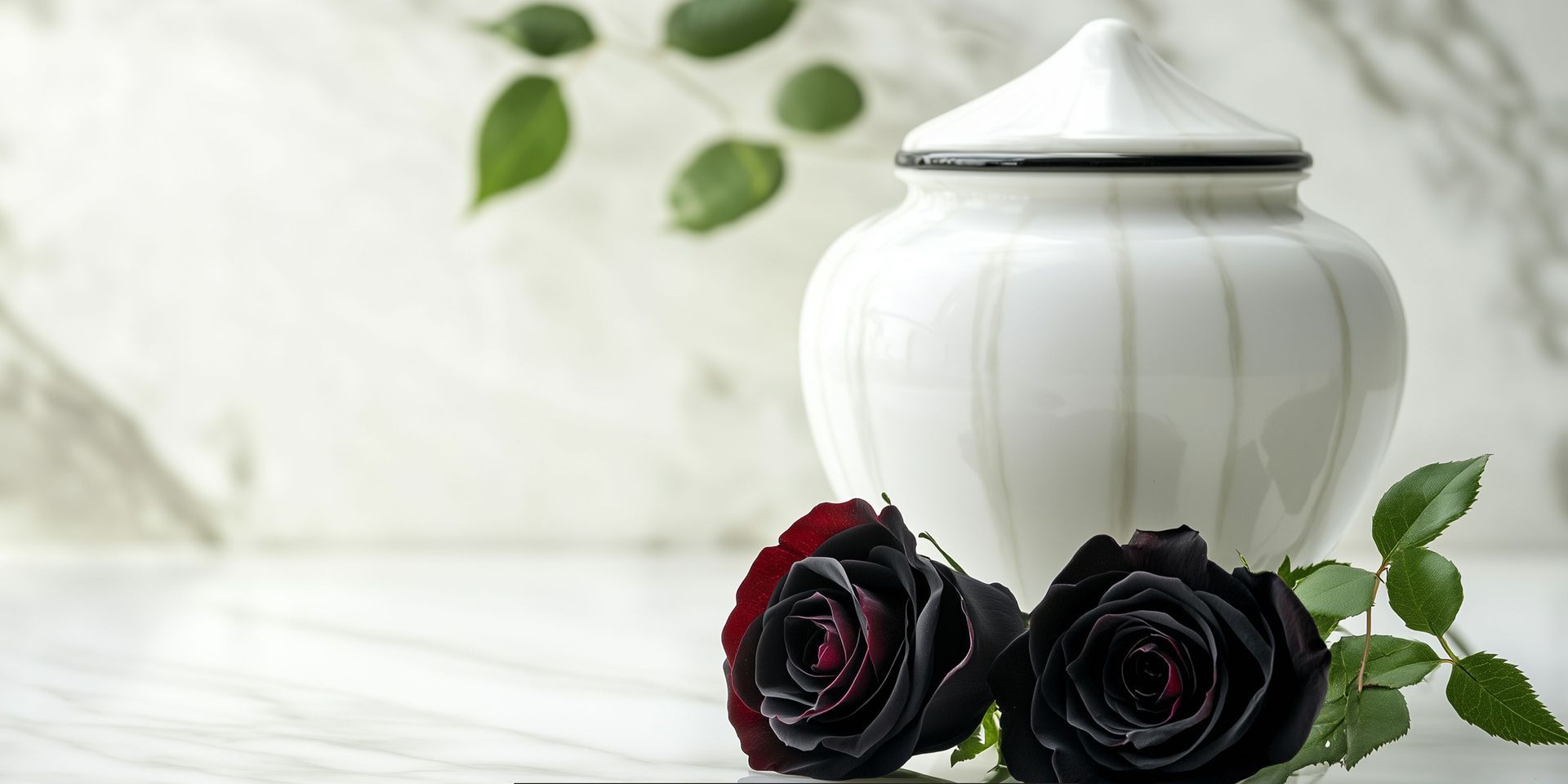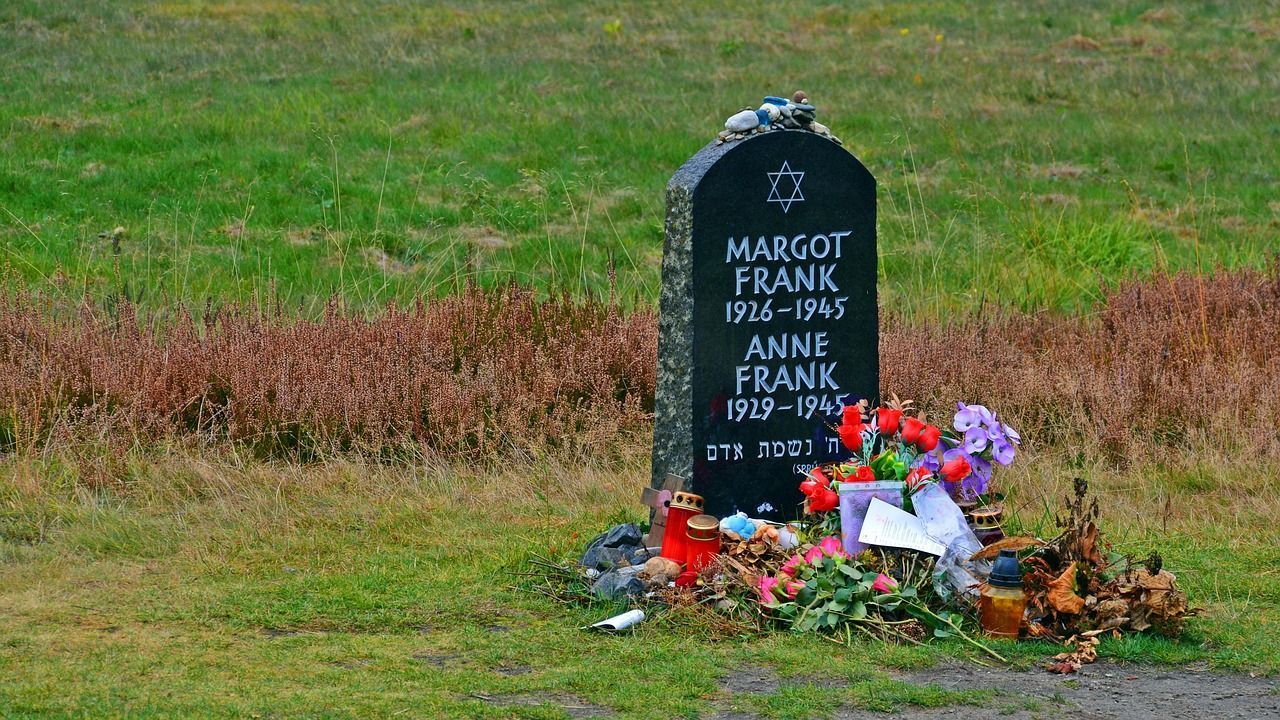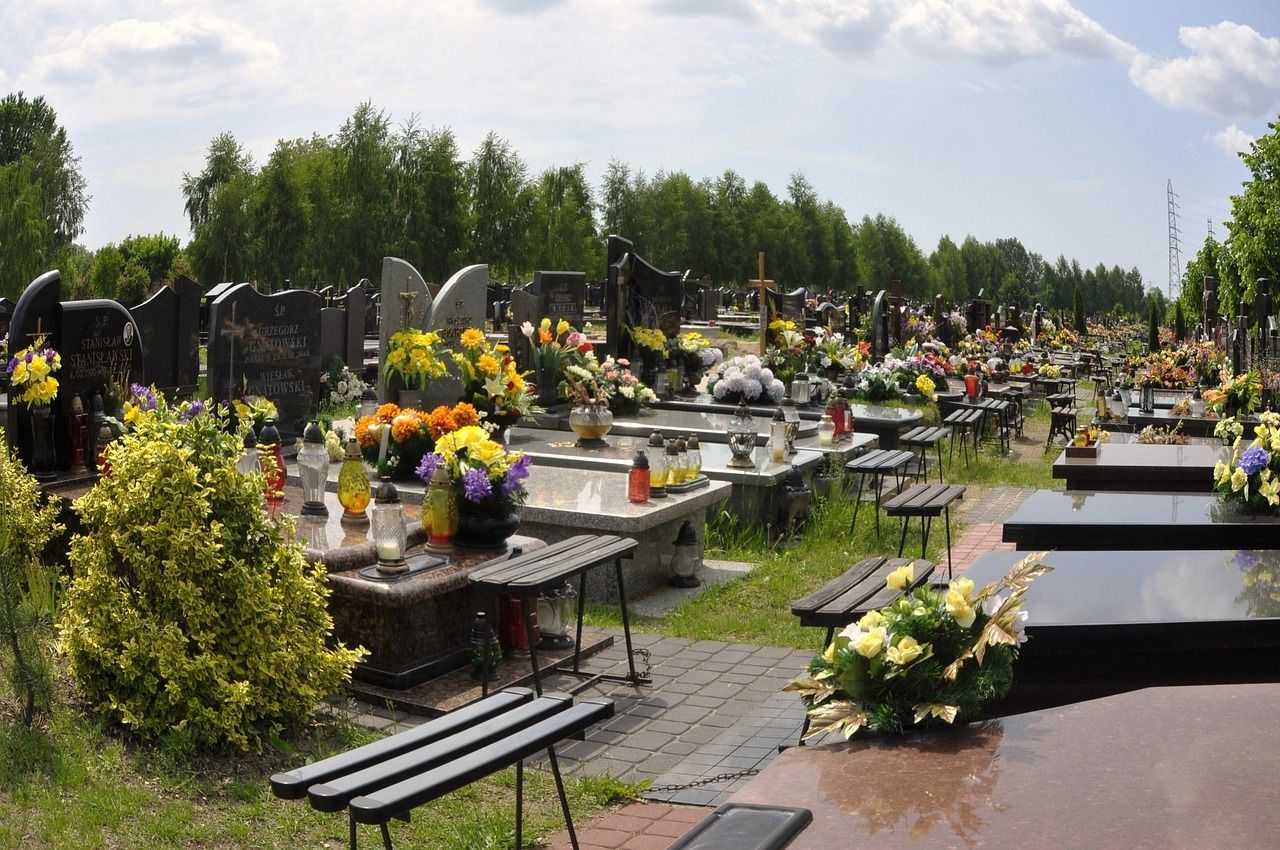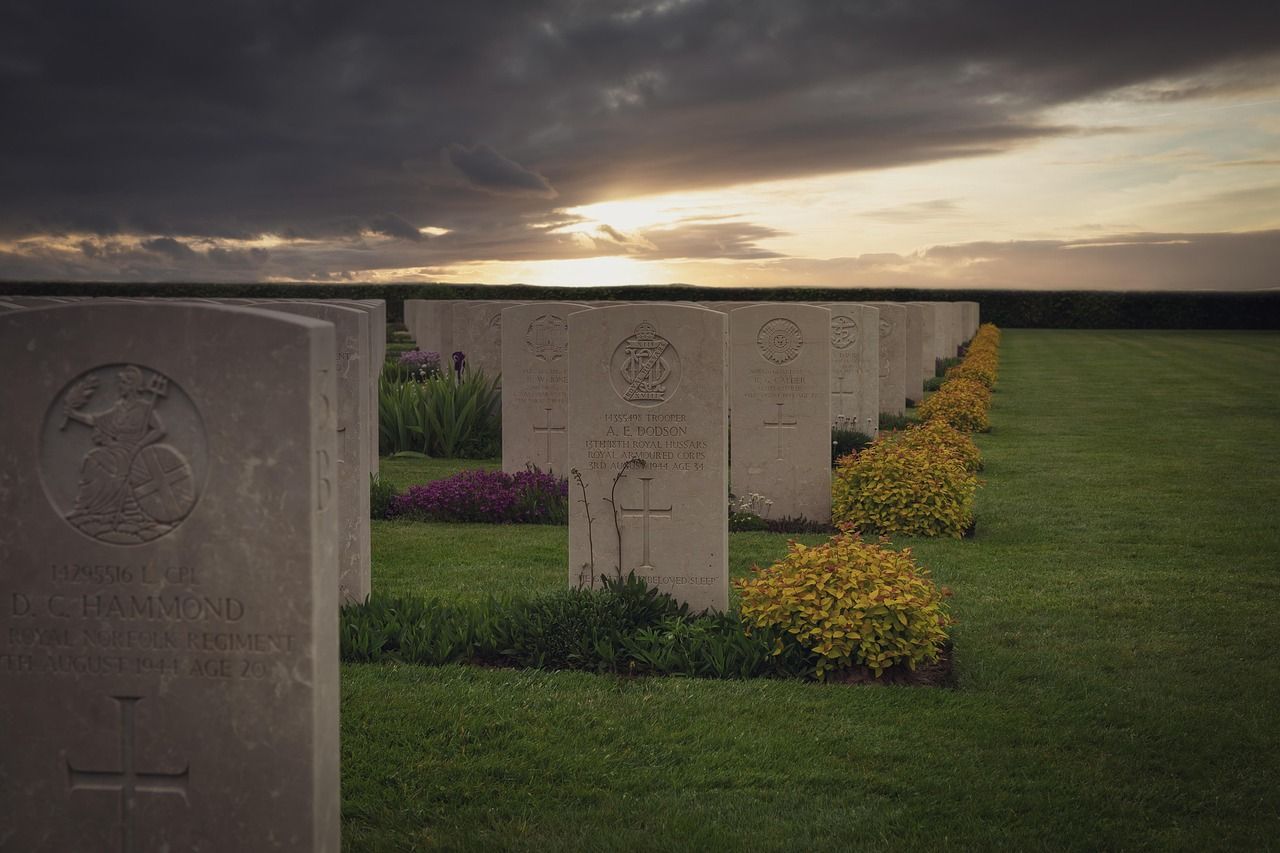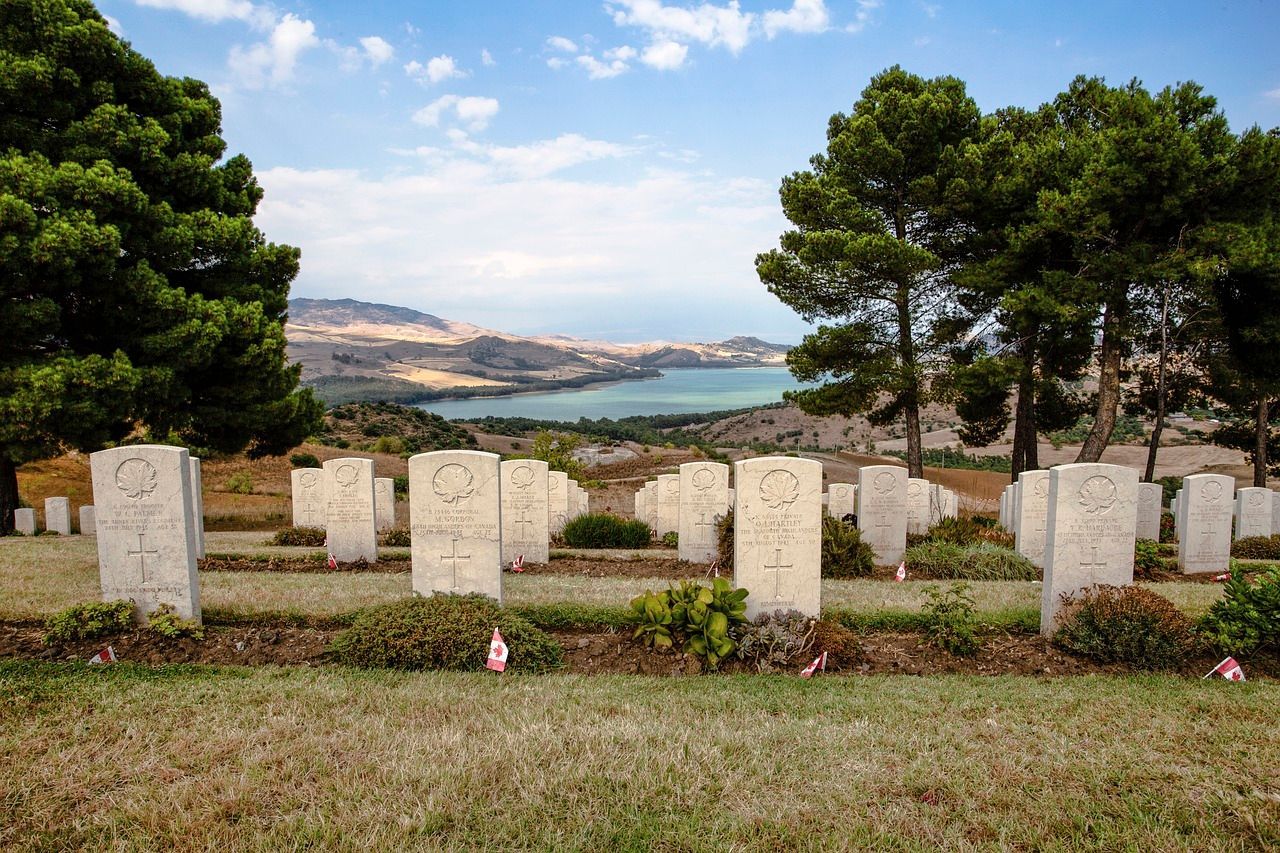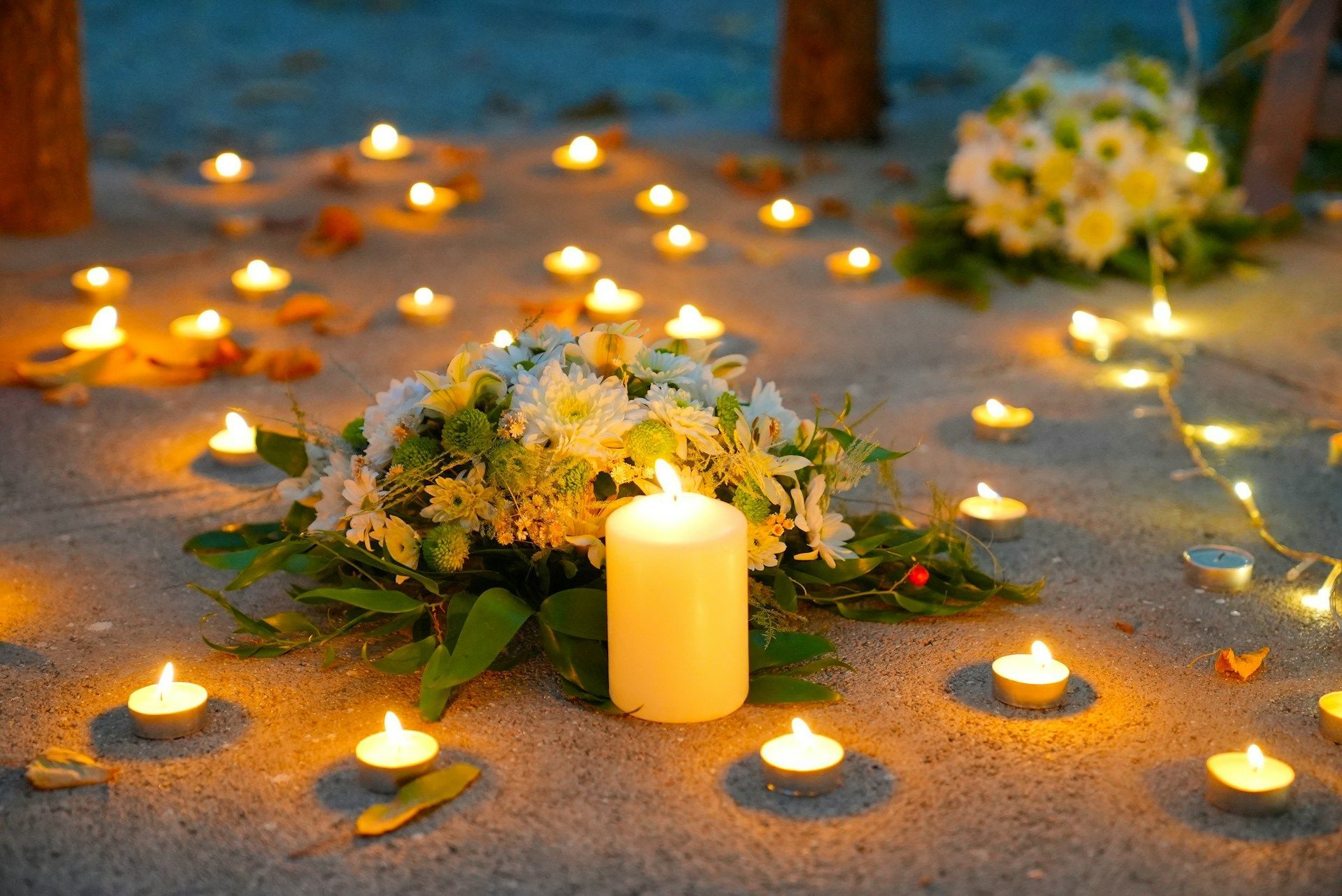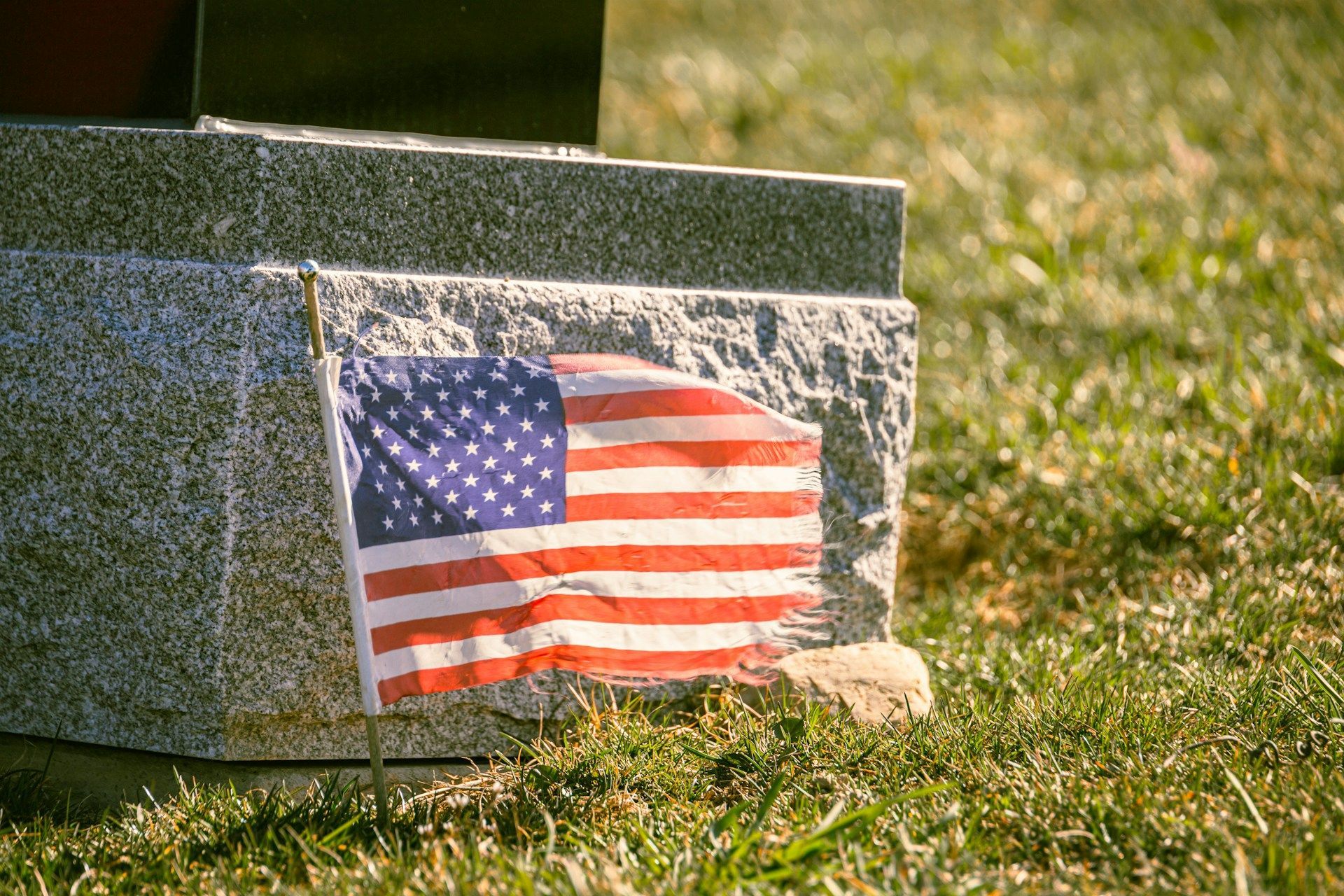Planning a Funeral Service That Reflects Cultural Traditions

In every corner of the world, death rituals are rich in symbolism, deeply rooted in tradition, and essential to the grieving process. These customs help families find meaning during loss and celebrate the life and legacy of their loved one. In Jordan, MN, the importance of honoring cultural heritage through funeral planning has never been more relevant. Whether families choose burial or cremation services in Jordan, MN, integrating tradition into the farewell process allows for a more authentic and comforting experience.
The Role of Cultural Traditions in Grieving
Cultural customs are not just rituals—they are reflections of identity, history, and values. They often dictate how a body is treated, how mourners gather, and how the deceased is honored. These practices help families process grief by engaging in familiar routines that bring emotional grounding during a time of uncertainty.
In some cultures, mourning periods are extended with multiple ceremonies over weeks. In others, immediate burial is vital to honor spiritual beliefs. Color symbolism, prayers, music, attire, and even food can all hold deep cultural significance. Funeral homes that understand and accommodate these nuances provide more than logistical service—they become facilitators of healing.
Funeral Planning with Cultural Sensitivity
Personalization is key in culturally sensitive funeral planning. It begins with listening—understanding the family’s background, religious beliefs, languages, and customs. For example, a Hindu family may require cremation with a specific timing for rituals like the lighting of the pyre. A Catholic family might request a funeral mass followed by interment in consecrated ground. A Muslim family may need facilities for washing the body and prompt burial aligned with Islamic rites.
By tailoring services around these cultural requirements, funeral homes demonstrate respect, which enhances trust and comfort. Offering multilingual staff, flexible service times, and accommodating religious leaders are just some of the ways to honor a family’s heritage.
Cremation and Culture: Finding Balance
Cremation has become increasingly common across the United States due to economic and environmental considerations. However, many cultural groups have long held cremation as a sacred ritual. For example, in Hinduism and Buddhism, cremation is considered essential for spiritual liberation. In contrast, some Christian, Jewish, and Islamic traditions have historically preferred burial, though views are gradually evolving.
For families seeking cremation services in Jordan, MN, it is essential to find a funeral provider who respects both the logistical and ceremonial aspects. Even when cremation is chosen, meaningful ceremonies—such as prayer services, storytelling, or cultural music—can be incorporated before or after the cremation to ensure spiritual and emotional needs are met.
Cultural Traditions in a Changing Society
As immigration and interfaith marriages increase, funeral planning is becoming more culturally blended. Children of immigrants may seek to honor their parents’ traditions while also integrating contemporary elements or personal preferences. Funeral homes must adapt, offering flexible services that blend modern approaches with ancestral customs.
For instance, some families might want a traditional wake followed by a cremation, combining heritage with convenience. Others might choose eco-friendly urns that symbolize their commitment to both cultural tradition and environmental responsibility. This shift underscores the growing need for funeral providers to offer diverse options without compromising authenticity.
Respecting Sacred Timelines and Ceremonies
Some traditions emphasize the importance of time—whether it be immediate burial, a 7-day mourning period, or a 40-day memorial. Funeral homes can provide comfort by being responsive and prepared to act swiftly when required. Access to facilities that allow late-night or early-morning services, private family viewing rooms, or areas for ritual washing of the body can make all the difference.
In many cultures, specific items like candles, incense, flowers, or sacred scriptures play a central role in the farewell. These details are not trivial—they are vital components of spiritual closure. A funeral home that makes these accommodations readily available becomes more than a vendor; it becomes a partner in preserving heritage.
The Community Connection
In a city like Jordan, MN, where families often share deep roots, the funeral home is more than a business—it is a part of the social fabric. Community-based funeral directors often know the local families personally, enabling them to offer a level of compassion and cultural understanding that cannot be replicated by larger, corporate-owned facilities.
This familiarity allows local funeral homes to anticipate needs before they are spoken. It also reinforces trust—a crucial factor in one of life’s most sensitive moments. By engaging with cultural leaders and attending community events, these establishments strengthen their role as cultural allies.
Cultural Education and Staff Training
Understanding cultural differences requires ongoing education and training. Funeral home staff who are educated about a wide range of traditions can avoid missteps that might otherwise cause unintentional offense. Simple awareness, such as not shaking hands with grieving family members in certain traditions or allowing for gender-specific spaces, can deeply influence how comfortable a family feels during their time of need.
Offering this kind of inclusive environment requires a mindset of openness and humility. Funeral directors do not need to know every tradition perfectly, but they must be willing to ask, listen, and adapt.
The Importance of Ritual Objects and Symbols
Cultural funerals often involve specific objects—flags, religious symbols, ancestral photos, traditional clothing, or ritual instruments. These items hold deep meaning, and integrating them into the funeral setting helps convey respect for the individual and their legacy.
Some funeral homes now offer customizable service spaces, allowing for displays that reflect cultural heritage. Whether it is a Jewish tallit, a Native American feather, or a traditional African drum, these symbols speak volumes and offer mourners a shared language of comfort.
Making Arrangements Across Generations
It is common for older generations to hold firmly to traditional practices, while younger family members may feel uncertain or unfamiliar with their importance. Funeral directors can help bridge this gap by educating younger mourners about the meaning behind certain rituals and encouraging dialogue between generations.
This helps avoid conflict during planning and ensures that the deceased is honored in a way that resonates with all members of the family. It also provides a teaching moment—one that preserves culture for future generations.
Families in Jordan, MN seeking meaningful and dignified services can rely on the compassionate care of Ballard-Sunder Funeral & Cremation, where honoring life and heritage is a core mission. Whether through full-service memorials or respectful cremation services in Jordan, MN, every ceremony is designed to reflect what matters most—family, faith, and tradition.

